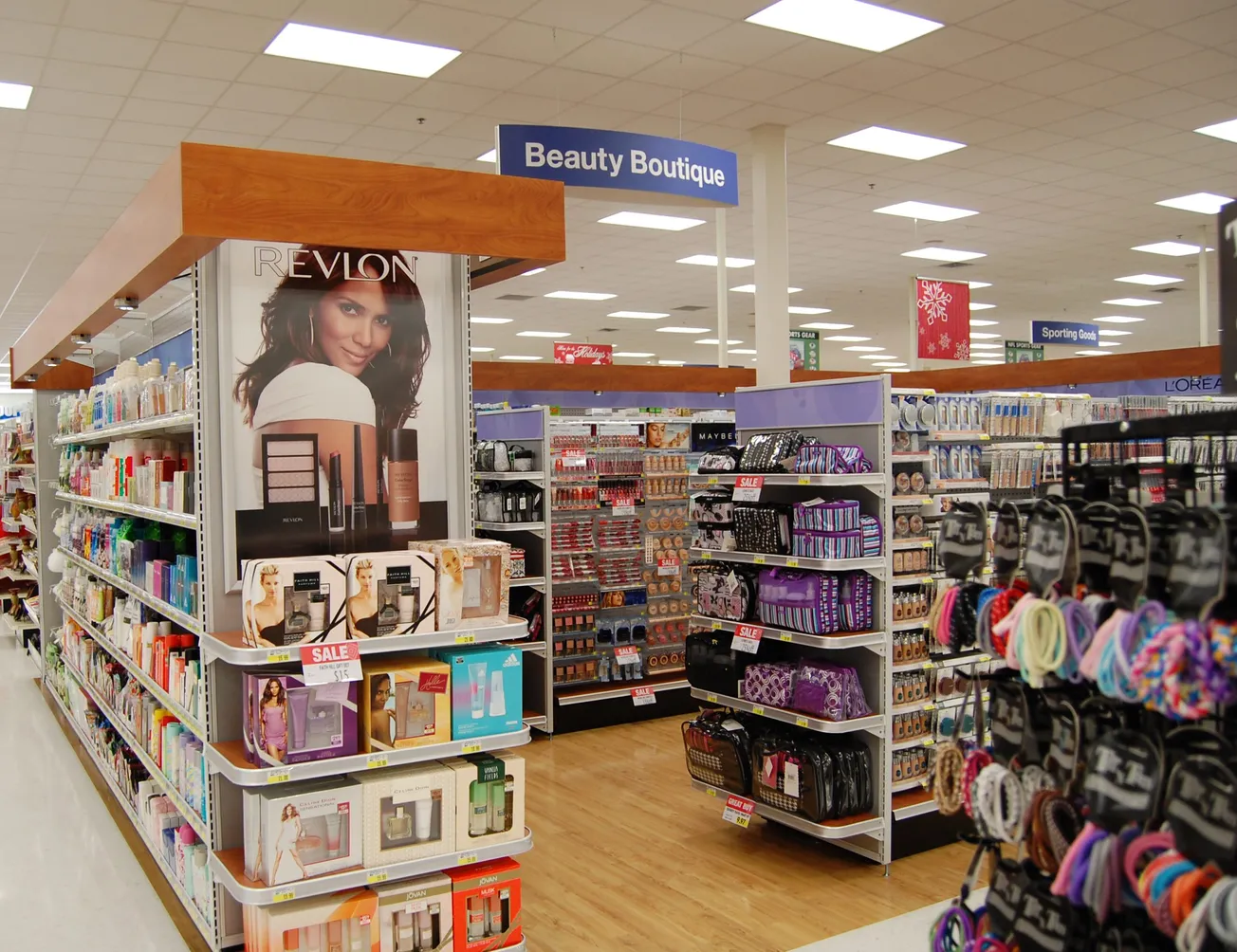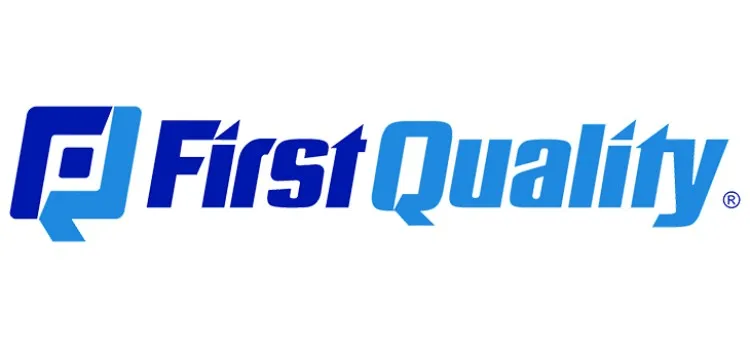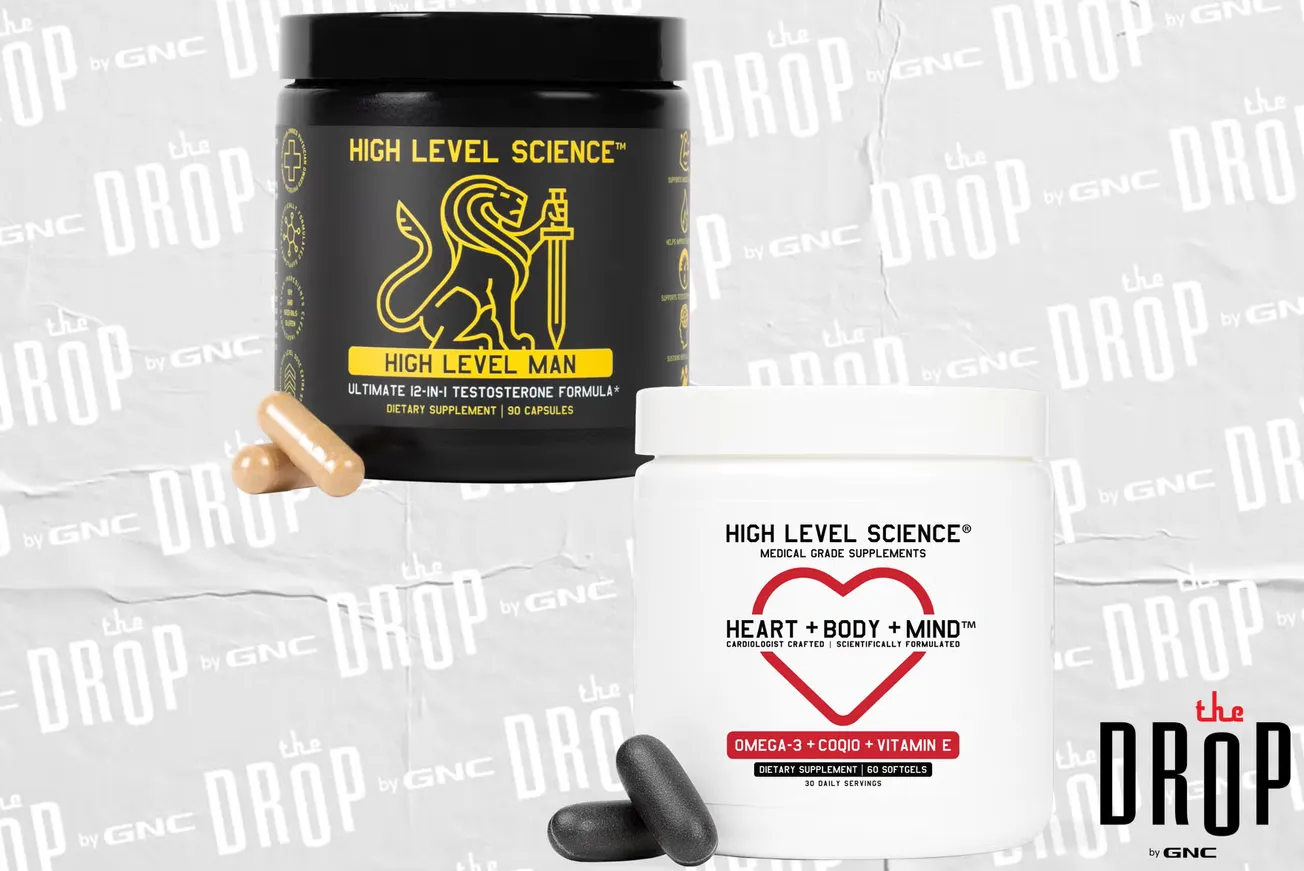
Jacqueline Flam
The beauty industry is no stranger to evolution, with trends continuously cycling in and out of style. However, recent years have witnessed an unprecedented pace of change, largely driven by the transformative forces of e-commerce and social media. These platforms have not only reshaped how beauty products are consumed but have also catalyzed a seismic shift in consumer behavior and preferences. In this rapidly evolving landscape, traditional paradigms are being challenged, and new opportunities are emerging for brands willing to adapt. NIQ has taken a deep dive into these catalysts for change, and has looked at how things may continue to evolve:
E-commerce
The rise of e-commerce has transformed the way beauty products are bought and sold. It has provided consumers with greater convenience, accessibility and choice. Beauty brands now have the opportunity to reach a global audience without the constraints of physical retail locations. E-commerce platforms also enable brands to gather valuable data on consumer behavior and preferences, allowing for more targeted marketing strategies and product development.
In 2023, 58% of beauty, personal care and wellness dollar sales were online. With this, e-commerce will continue to be a dominant force in the beauty industry, shaping consumer behaviors and brand strategies. As technology advances and consumer expectations evolve, e-commerce platforms will need to enhance user experiences, offering features like personalized recommendations, virtual try-on and seamless checkout processes.
TikTok Shop and social
media shopping
Social media platforms like TikTok have emerged as influential channels for beauty trends and product recommendations. The introduction of TikTok Shop and other social media shopping features has further blurred the lines between content and commerce, allowing users to seamlessly discover and purchase products directly within the platform. This has accelerated the speed at which trends spread and products go viral, shaping consumer preferences and driving sales. Despite only launching in September, TikTok Shop ranked 12th in health and beauty sales among e-commerce retailers at the end of 2023. During this period, health and beauty products accounted for 85% of total TikTok Shop sales in the U.S.
The integration of shopping functionalities into social media platforms, exemplified by TikTok Shop, will redefine the beauty retail landscape. As consumers increasingly turn to social media for product discovery and inspiration, brands will invest in influencer partnerships, user-generated content and immersive shopping experiences to capture attention and drive sales. Short-form video content will remain a powerful medium for showcasing product benefits and fostering community engagement. Brands that successfully leverage social commerce will not only boost conversion rates but also strengthen brand loyalty through authentic interactions and user-generated content.
DTC
Direct-to-consumer (DTC) brands have disrupted the traditional beauty industry by bypassing intermediaries and selling products directly to consumers. This model offers brands greater control over their distribution channels, pricing and customer experience. DTC brands often prioritize transparency, sustainability and community-building, resonating with consumers seeking authentic and personalized beauty solutions. Their success has compelled traditional beauty brands to reassess their strategies and adapt to changing consumer expectations.
Though DTC saw a slight decrease in both dollars (-2%) and unit sales (-5%) in 2023, we expect these brands will continue to disrupt traditional beauty retail channels, offering personalized experiences, transparent pricing and direct engagement with consumers. Although DTCs have been focused on cutting out intermediaries to maintain tighter control over their brand distribution and customer relationships, 2023 saw many DTCs lean into more traditional retailer partnerships due to increasing customer acquisition costs online.
Moreover, the integration of data-driven insights and artificial intelligence will enable DTC brands to anticipate consumer needs and tailor product recommendations, driving customer satisfaction and loyalty.
Celebrity beauty
The influence of celebrities on beauty trends and consumer behavior cannot be overstated. Celebrity-owned beauty brands leverage their star power to capture attention, build trust and drive sales. These brands often benefit from the celebrity’s personal brand and loyal fan base, allowing them to quickly gain traction in the market. Additionally, celebrity endorsements and collaborations with established beauty brands can create buzz and excitement around new product launches, further shaping consumer perceptions and preferences. As a collective, the forty-three celebrity beauty brands tracked by NIQ have surpassed $1 billion in sales for the first time in 2023, with sales of $1.1 billion in the 52 weeks ended November 4, 2023. The sales growth of celebrity beauty brands surpassed growth of the total beauty category, up +57.8%, while total beauty was up 11.1% during this time.
Celebrity beauty brands will remain influential in shaping beauty trends and consumer preferences. As celebrities increasingly collaborate with established beauty conglomerates or launch their own DTC brands, authenticity and inclusivity will be key differentiators in connecting with diverse consumer demographics. Moreover, celebrity endorsements and social media partnerships will continue to amplify brand visibility and credibility, driving product adoption and social proof. However, amidst growing competition and consumer skepticism, celebrity beauty brands will need to demonstrate genuine passion, expertise, and innovation to maintain relevance and trust in the competitive beauty market.
The beauty industry is undergoing a transformative era, with forces reshaping consumer behaviors and expectations, offering both challenges and opportunities for adaptable brands. E-commerce will continue to drive competition, while social media integration, DTC models and celebrity brands emphasize authenticity and personalized experiences. Brands that innovate, prioritize consumer needs and stay abreast of emerging trends will thrive in this evolving landscape, ensuring sustained growth and relevance.
Jacqueline Flam is senior vice president of beauty and OTC retail at NIQ.









